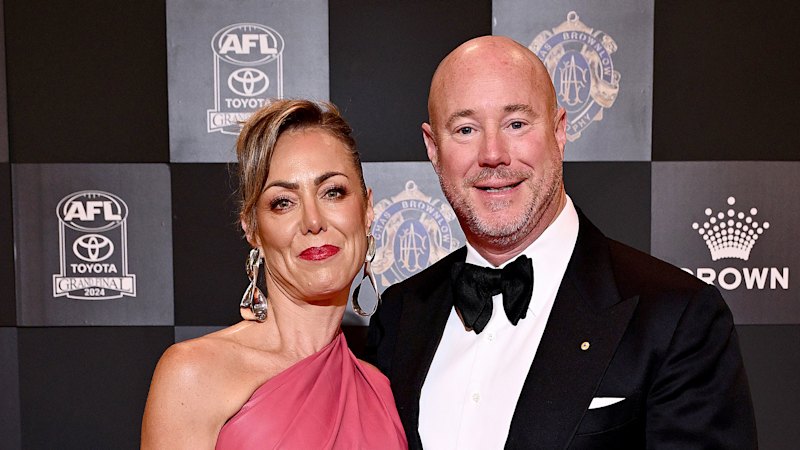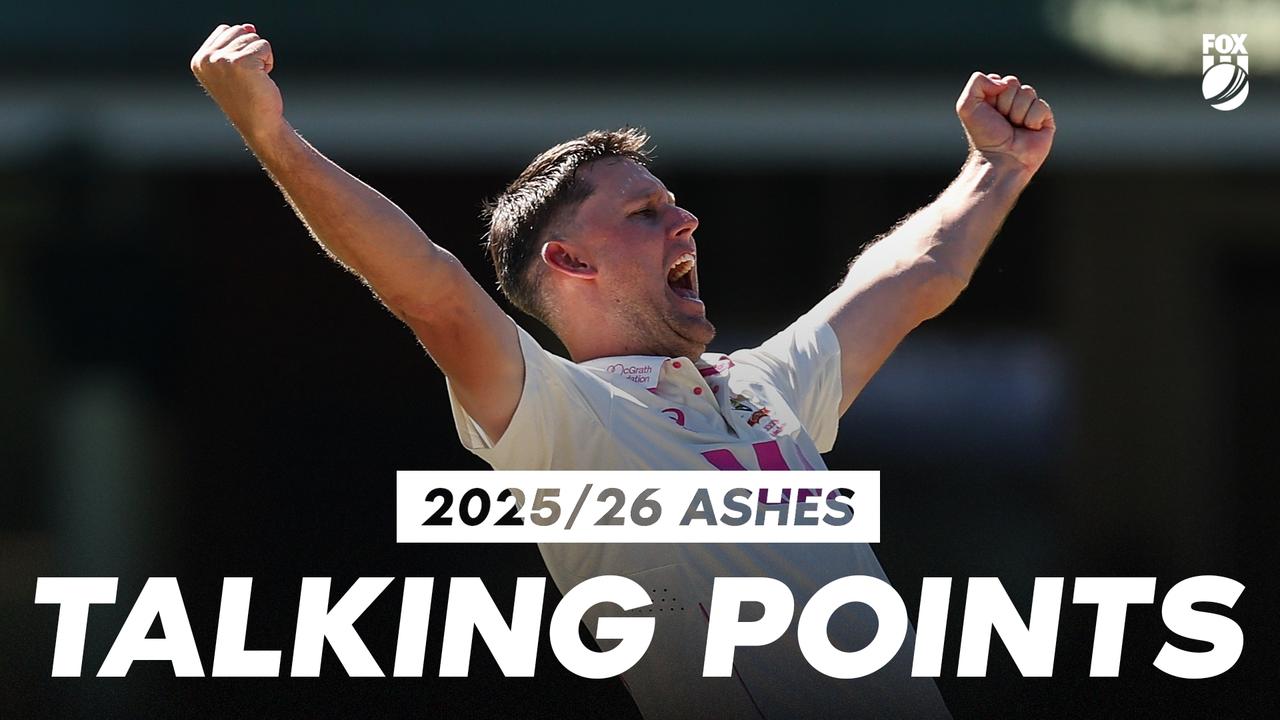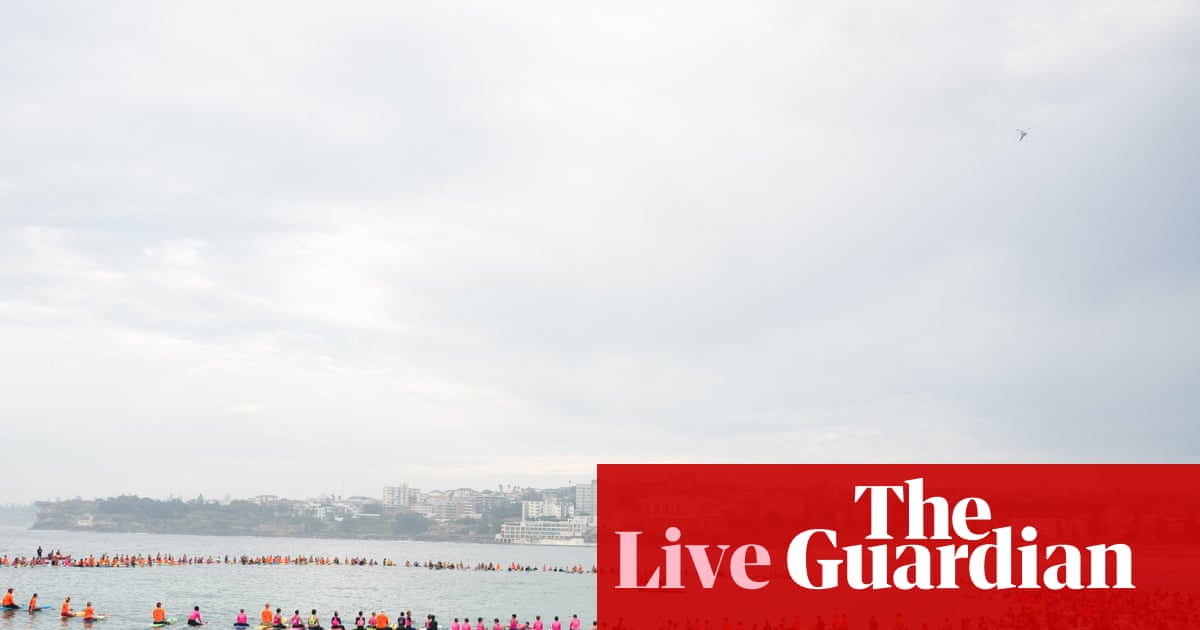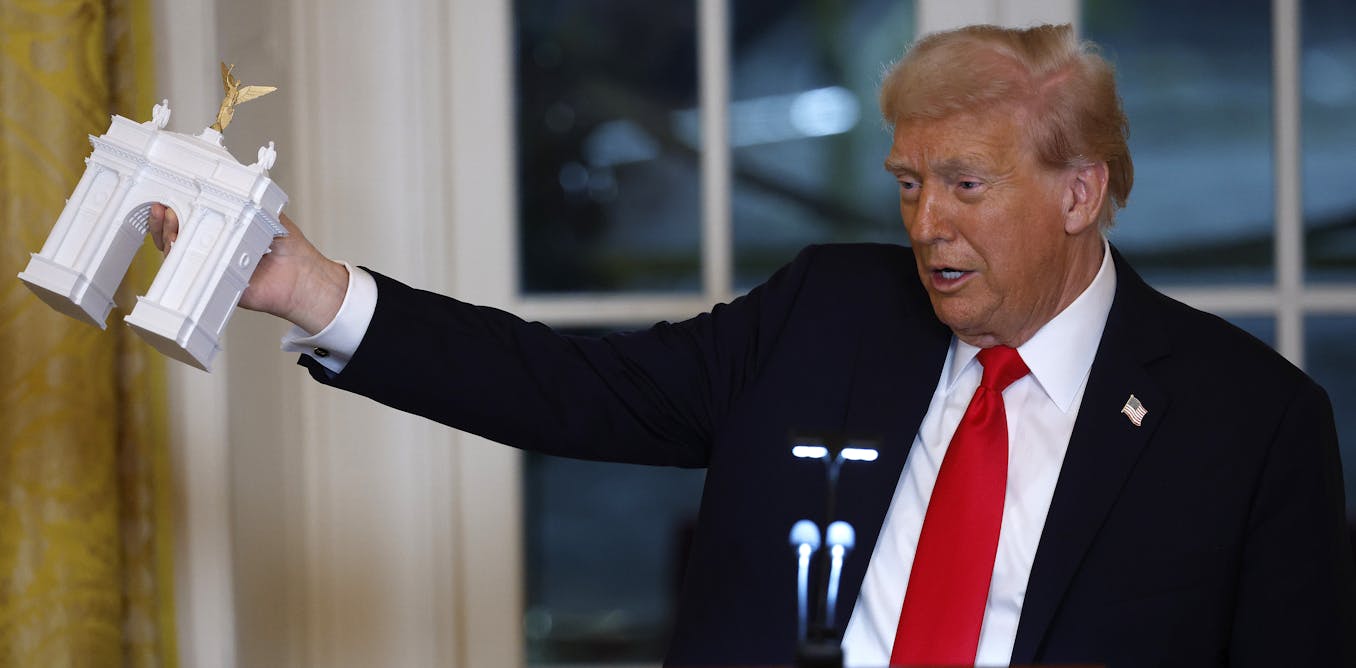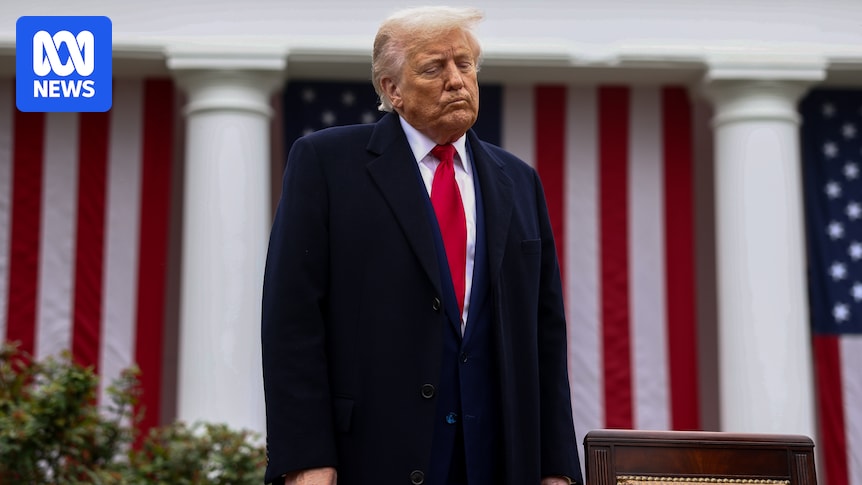
Donald Trump has once again disrupted traditional norms in his second presidential term, challenging the courts, Congress, and the Constitution. However, it is his aggressive tariff strategy, targeting over 180 countries and territories, that has sparked months of chaos, undermining business confidence in the United States and pushing the global economy towards a potential crisis. With a three-month suspension on these tariffs nearing its end, leading experts in economics and international relations express grave concerns over Trump’s “unworkable” and “absurd” trade policies, fearing further instability and economic turmoil worldwide.
For nearly four decades, Trump has championed tariffs, famously telling Playboy magazine in 1990 that foreign nations were responsible for “ripping our country apart.” On the 2024 campaign trail, he described tariffs as “the most beautiful word in the dictionary.” While his first term saw the introduction of minor tariffs, his second term has witnessed a dramatic escalation. On April 2, dubbed “Liberation Day,” Trump unveiled a series of tariffs on dozens of trading partners, declaring them a solution to the US trade deficit.
Economic Chaos and Expert Criticism
Despite Trump’s belief that these “reciprocal tariffs” would address a “national emergency,” economists argue otherwise. Nobel laureate Paul Krugman describes the policies as “economically destructive” and “completely unworkable.” Economist Warwick McKibbin criticizes the notion of reciprocal tariffs, likening it to self-harm, and questions the coherence of Trump’s trade strategy.
“It’s been chaos,” says Paul Krugman. “Not only economically destructive but actually completely unworkable.”
The tariffs have indeed created an economic storm, with Trump oscillating between imposing, pausing, and escalating tariffs. This erratic approach has led many to question the existence of a coherent plan. Evan Medeiros, former chief adviser on the Asia-Pacific to President Barack Obama, notes the lack of strategic thinking in Trump’s policymaking.
Internal Struggles and Temporary Relief
Trump’s administration, often compared to a royal court, is marked by advisers who either agree with him or yield to his will. One such figure is Peter Navarro, a controversial senior counselor for trade and manufacturing, who has been instrumental in shaping Trump’s tariff policies. However, his absence from the Oval Office on April 9 allowed other cabinet members to avert a bond market crisis by persuading Trump to pause the tariffs.
“Navarro had, in effect, been locked in a broom cupboard,” says Sir Niall Ferguson, describing the internal dynamics that led to the temporary suspension of tariffs.
Following this intervention, Trump announced a 90-day pause on tariffs, allowing for individual trade deals to be negotiated. However, tariffs on steel, aluminum, cars, and automotive parts remained, and a 145% tariff on Chinese imports was imposed, escalating tensions between the US and China.
Long-term Economic and Geopolitical Implications
Trump’s tariffs are intended to raise revenue, balance the trade deficit, and revive US manufacturing. Yet, experts like Krugman argue that these objectives are unrealistic. Historical comparisons to 19th-century tariff revenue ignore the modern complexities of social security and defense spending.
“If you’re willing to have a McKinley-sized government, we could pay for it with tariffs,” Krugman remarks, highlighting the impracticality of Trump’s economic goals.
Dan DiMicco, a former trade adviser to Trump, remains a staunch supporter, believing that tariffs will revive US manufacturing. However, economic modeling by McKibbin suggests that the policy will ultimately result in more economic losers than winners, particularly harming sectors like agriculture and durable manufacturing.
“The actual overall impact on the economy is going to be a loss of capital, and therefore a loss of jobs,” warns McKibbin.
Future Risks and Global Security Concerns
The trade war’s potential to escalate into broader geopolitical conflict is a significant concern. Sir Niall Ferguson warns of the risk of the trade war expanding into a real war, particularly if tensions over Taiwan intensify. Medeiros sees the trade war as part of a global power reordering, likely leading to greater instability.
“We leave behind trade war, and we run the risk of real war,” Ferguson cautions.
As the tariff deadline approaches, the world watches closely, aware that the decisions made in Washington could have profound implications for global economic stability and security.



